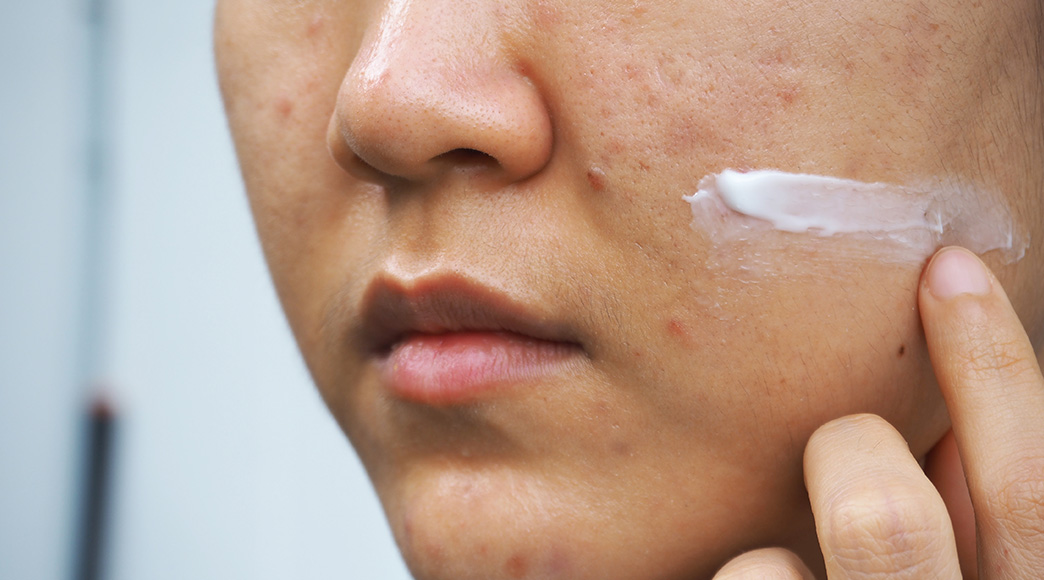-
20 May 2021
Retinoid Treatment for Skin Problems Explained

It is common for people moving up the ladder of age to be concerned about wrinkles, warts, and adult acne. Besides the maturing population, the younger generation also has to deal with its set of skin problems, including acne and breakouts.
All of these issues can affect the self-esteem and health of a person. In such cases, it is ideal to visit a renowned skin clinic in Melbourne to get the problem sorted. Most practitioners recommend using over-the-counter retinol creams. These are considered the best way to treat acne and wrinkles.
However, before using the product, you must be aware of its uses and side effects. Let us understand the various benefits of retinoid treatment for skin problems.
Retinoids are well-known for their healing effects on a range of skin problems. These are basically vitamin A and its metabolites that regulate cellular activities naturally through cell growth and differentiation.
Dermatologists recommend retinoids because of their regulatory influence on skin that is helpful in treating inflammatory skin diseases and other skin problems. Vitamin A protects the skin from free radicals produced by inflammatory processes and expedites the healing process.
Retinoids are also beneficial in preventing the skin from ageing. Retinols are less potent than retinoids. They are available over the counter and are vitamin A derivatives that reach the dermis and increase the production of collagen and elastin.
It helps in reducing wrinkles, enlarged pores and making the skin smoother. These are also effective in treating acne and scars created by acne. They work on the skin cells by producing comedolytic agents that prevent clogging of the pores and the creation of scars. Let us look at various treatments that require the use of retinoids.
The appearance of fine lines is a cause of concern among people in their late 30s and 40s. Retinoids are effective in reducing wrinkles by increasing the production of collagen. Vitamin A aids in stimulating new blood vessels that work on reduction of age spots and precancerous skin spots.
A derivative of retinoid called tretinoin is usually used for its anti-ageing properties, and it is known to save the skin from sun damage. Your practitioner will prescribe using the cream for up to six months on a regular basis to get rid of the wrinkles and spots.
Severe acne problem can be treated with the help of retinoids as they unclog the pores and clear the skin for medicated ointments to work on the breakout. They make sure that dead skin cells do not cover the pores and lead to acne and scarring.
Some dermatologists prescribe retinoid pills that help in reducing oil production and bacteria that lead to breakouts. On most occasions, you will be asked to use a retinoid cream after cleaning the skin.
If the use of retinoids causes redness or a more pronounced breakout, you can reduce the usage from daily to alternate days. You can also mix the cream with a moisturiser to avoid the problem.
People suffering from psoriasis are advised to apply a retinoid cream on the sores at bedtime to slow down the growth of skin cells. In most cases, the cream is given in conjunction with steroids to treat the problem. If you are using retinol during summers, you need to be cautious and follow the instructions on the label and those offered by the dermatologist.
Similar to their use in psoriasis, retinoids are prescribed by practitioners to treat warts as they reduce the growth of cells in warts. It can take up to months for warts to be eliminated with the help of retinoid creams. They are preferred treatment for the removal of warts on the back of hands.
Retinoids can cause some side effects if not used as per the guidance of the practitioner. The common issues include sunburn, dry skin, swelling, irritation and redness. Here is how you can stay safe while using retinoids.
Retinoids or retinol creams are potent in healing a variety of skin problems, including wrinkles, acne, and warts. Visit a reputed skin clinic in Melbourne to consult a dermatologist who can guide you with your treatment requirements.